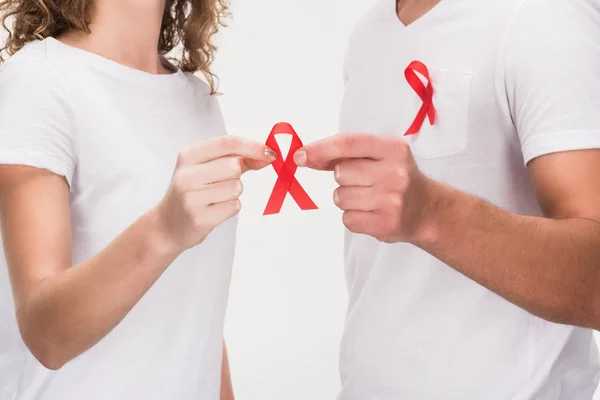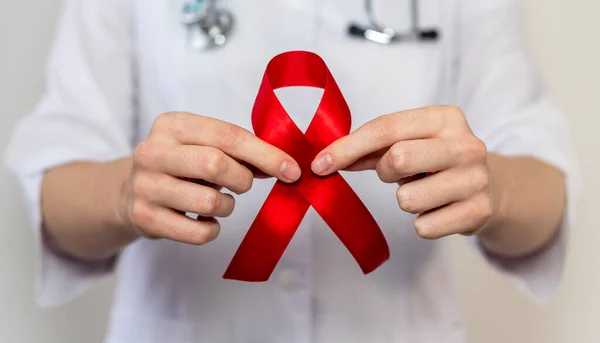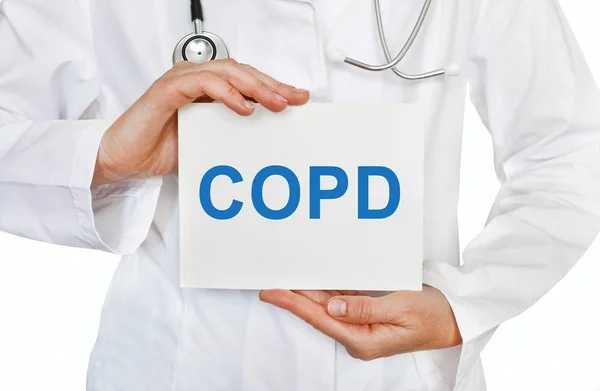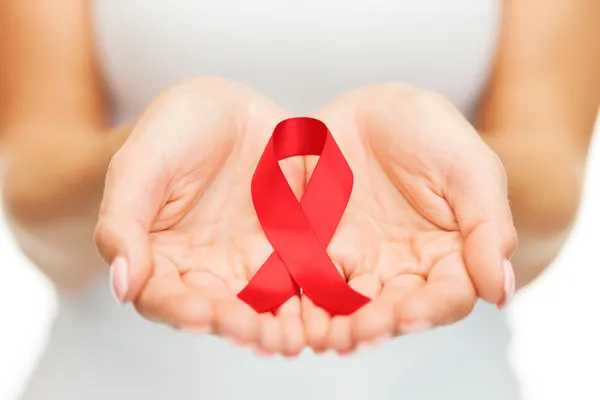Navigating Lymphoma Treatment: From Chemotherapy to CAR T-Cell Therapy
Lymphoma, a cancer originating in lymphocytes (a type of white blood cell), encompasses two primary categories: Hodgkin lymphoma (HL) and non-Hodgkin lymphoma (NHL).
Lymphoma, a cancer originating in lymphocytes (a type of white blood cell), encompasses two primary categories: Hodgkin lymphoma (HL) and non-Hodgkin lymphoma (NHL). The treatment approach varies based on the specific type, stage, and individual patient factors.
Treatment Modalities
- Chemotherapy: Utilizes drugs to target and eliminate cancer cells. Common regimens include:
- HL: ABVD (Adriamycin, Bleomycin, Vinblastine, Dacarbazine).
- NHL: R-CHOP (Rituximab, Cyclophosphamide, Doxorubicin, Vincristine, Prednisone).
- Radiation Therapy: Employs high-energy rays to target localized cancer cells. Often used in combination with chemotherapy for certain stages of HL and NHL.
- Immunotherapy: Enhances the body's immune system to fight cancer. Monoclonal antibodies, such as rituximab, are frequently used in NHL.
- Targeted Therapy: Involves drugs that specifically target cancer cell mechanisms. For example, Bruton's tyrosine kinase inhibitors are utilized in certain NHL subtypes.
- Stem Cell Transplantation: Replaces diseased bone marrow with healthy stem cells, often following high-dose chemotherapy.
- Surgery: Generally reserved for biopsy, diagnosis, or removing localized tumors.
- Watchful Waiting (Active Surveillance): For indolent (slow-growing) lymphomas, especially NHL, active monitoring without immediate treatment may be appropriate.
Recent Developments
- CAR T-Cell Therapy: Approved for certain NHL cases, this therapy involves modifying a patient's T-cells to better recognize and attack cancer cells.
- New Drug Approvals: Incyte's Monjuvi, combined with other agents, has shown promise in treating follicular lymphoma, a form of NHL.
Case Highlight
Dave Coulier, known for his role in "Full House," was diagnosed with stage 3 non-Hodgkin lymphoma in 2024. He underwent chemotherapy and has since reported positive progress, emphasizing the importance of early detection and treatment.
Conclusion
Lymphoma treatment is multifaceted, involving chemotherapy, radiation, immunotherapy, targeted therapies, and stem cell transplantation. Advancements in CAR T-cell therapy and new drug approvals offer hope for improved outcomes. Consultation with a hematologist-oncologist is essential to determine the most appropriate treatment plan tailored to the individual's lymphoma type and overall health.








